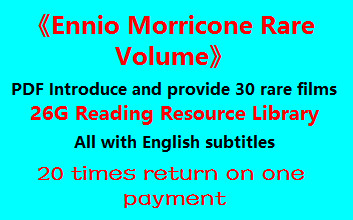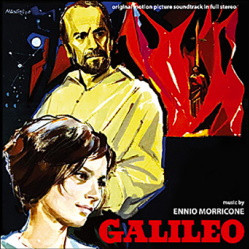PC |
||||||||||||||||||
Broxton Comment-MB-006-67 |
||||||||||||||||||
FA6809 Galileo / Galileo
Galilei |
||||||||||||||||||
Auther: Jonathan Broxton |
||||||||||||||||||
|
||||||||||||||||||
Attachment: About Jonathan Broxton |
||||||||||||||||||
 |
||||||||||||||||||
Jon is a film music critic and journalist, who since 1997 has been the editor and chief reviewer for Movie Music UK, one of the world’s most popular English-language film music websites, and is the president of the International Film Music Critics Association (IFMCA). Over the last 20+ years Jon has written over 3,000 reviews and articles and conducted numerous composer interviews. In print, Jon has written reviews and articles for publications such as Film Score Monthly, Soundtrack Magazine and Music from the Movies, and has written liner notes for two of Prometheus Records’ classic Basil Poledouris score releases, “Amanda” and “Flyers/Fire on the Mountain”. He also contributed a chapter to Tom Hoover’s book “Soundtrack Nation: Interviews with Today’s Top Professionals in Film, Videogame, and Television Scoring”, published in 2011. In the late 1990s Jon was a film music consultant to the Royal Philharmonic Orchestra in London, and worked with them on the films “Relative Values” with music by John Debney, and “The Ring of the Buddha” with music by Oliver Heise, as well as on a series of concerts with Randy Newman. In 2012, Jon chaired one of the “festival academies” at the 5th Annual Film Music Festival in Krakow, Poland. He is a member of the Society of Composers and Lyricists, the premier nonprofit organization for composers, lyricists, and songwriters working motion pictures, television, and multimedia. (Here) |
||||||||||||||||||
2023.12.1 |
||||||||||||||||||
2023 Mobile version |
||||||||||||||||||
|
||||||||||||||||||











